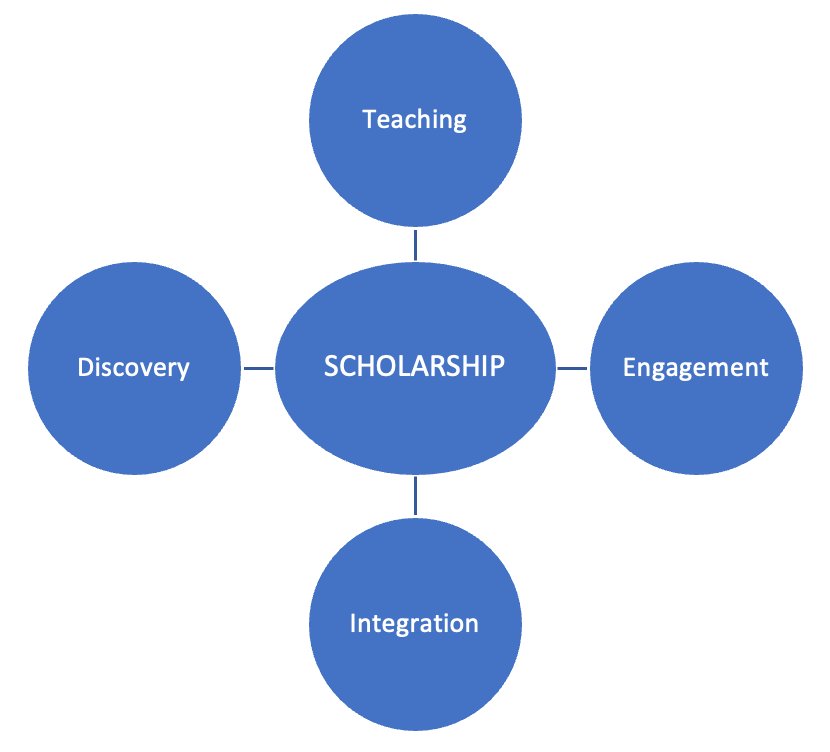A brief History of SoTL
A Brief History of SoTL
The history of the Scholarship of Teaching and Learning (SoTL) begins with the legacy of systematic research into teaching and learning conducted largely by education specialists working in Departments of Education. These specialists focused on K-12 and explored ways to improve education. This early research tended to be trial and error and was conducted without a broader community of scholars. It focused on general questions beyond any disciplinary focus.
Then, as now, an unfortunate hierarchy between disciplinary research and teaching privileged the former as the nobler and more intellectual pursuit. Predictably, this meant that resources, rewards, and recognition went to traditional academic research at the expense of teaching, let alone scholarly inquiries into teaching.
CEL at Elon. (2013, September 15). History of the Scholarship of Teaching and Learning. YouTube. https://www.youtube.com/watch?app=desktop&v=gYiyxQGa480&t=0s&ab_channel=CELatElon
Scholarship Reconsidered
In 1990, Ernest Boyer’s Scholarship reconsidered: Priorities of the professoriate, expanded the traditional notion of research by conceptualizing four types of scholarship:
1) The scholarship of discovery which advances knowledge through basic research.
2) The scholarship of integration which involves synthesizing knowledge within or across disciplines or across time.
3) The scholarship of engagement (previously called application) which involves service or engagement with community and workplaces. This scholarship applies basic research to solve real world problems.
4) The scholarship of teaching which involves studying teaching and learning (e.g., innovative teaching techniques or novel assessments) in service of improved student learning.
This broadened definition of scholarship meant that the proper work of academics involves four overlapping types of inquiry, all of which should be recognized and rewarded. This notion, especially the inclusion of the scholarship of teaching, is often viewed as the foundational moment marking SoTL as serious intellectual work.
Boyer’s Four Scholarships

